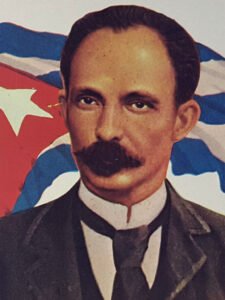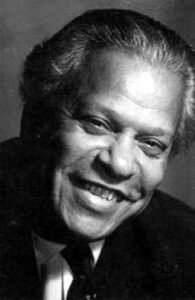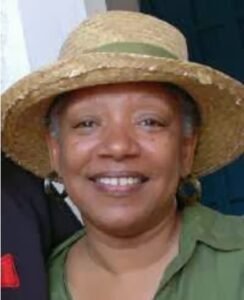The Power of Words: The Influence of Literature on the Cuban Revolution
The Cuban Revolution was a movement that sought to transform Cuba’s social and political reality. However, before weapons and battles took center stage, literature played a fundamental role in shaping revolutionary ideas.
Literary Revolutionaries appeared and changed the Cuban culture forever. Through literature and words, revolutionaries expressed their ideals, denounced injustices, and promoted social change. Cuban writers became critical and brave voices that challenged the status quo and awakened societal consciousness.


José Martí: The Revolutionary Poet Who Ignited the Flame of Change
One of the greatest proponents of Cuban revolutionary literature was José Martí. Martí was a poet, essayist, and journalist who tirelessly fought for Cuba’s independence from Spanish rule.
His poems and writings reflected his passion for freedom and justice. Martí believed in the power of words to mobilize the masses and awaken societal consciousness. He succeeded in moving people and ignited the flame of change, becoming a symbol of resistance and struggle.
Martí is considered Cuba’s national hero, and his literary legacy remains an inspiration for future generations. His words continue to resonate on the island, and his figure has become a symbol of the struggle for freedom and social justice.

Nicolás Guillén’s Work: Poetry as a Weapon for Fighting
Nicolás Guillén was another Cuban writer who used literature as a form of resistance and struggle. Guillén was one of the first poets of African descent to write about the reality of the Afro-descendant population in Cuba.
Through his poetry, Guillén denounced racial discrimination and advocated for equal rights. His verses were a protest cry and a call to action. He used poetry as a weapon to combat racism and promote inclusion.
Guillén’s work left an indelible mark on Cuban literature, and his legacy remains relevant today. He inspired many other writers and became a symbol of the fight for human rights and equality.

